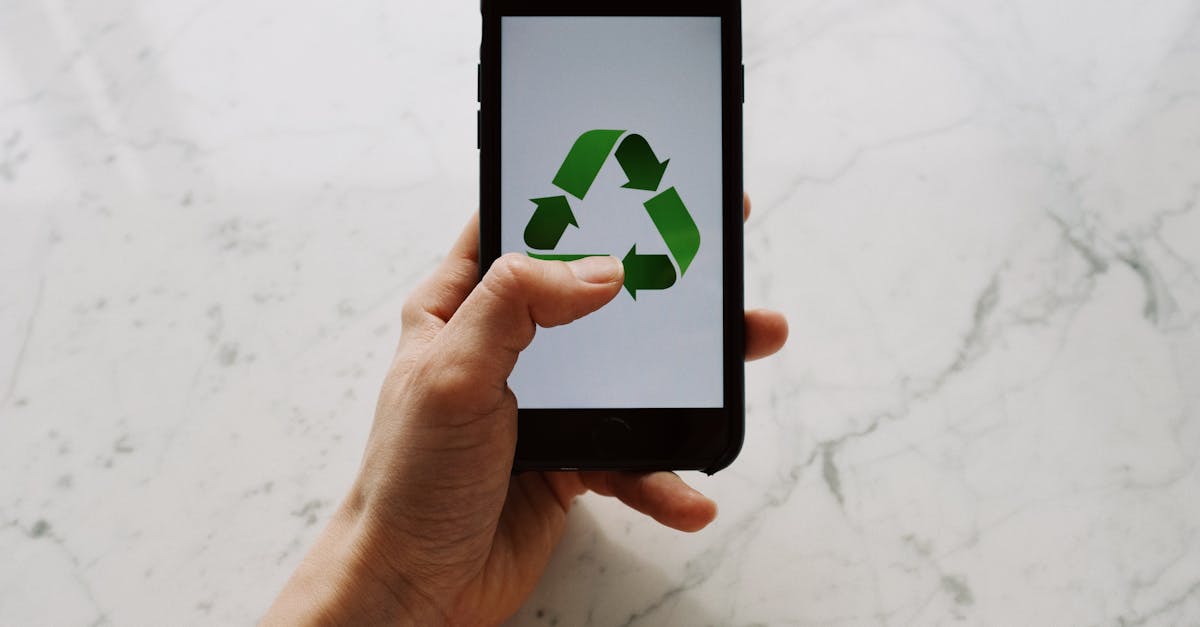
Junkremovalspringhill.net offers a convenient and eco-friendly electronics recycling service in Spring Hill, Florida. Our team of experienced junk dealers is dedicated to helping you responsibly dispose of old electronics, such as computers, TVs, and cell phones, in an environmentally safe manner. We understand the importance of proper electronic waste disposal to protect our environment and prevent harmful chemicals from leaching into landfills. By choosing our electronics recycling service, you can trust that your old devices will be recycled or refurbished, reducing their impact on the planet. Let us help you clear out your unwanted electronics clutter while doing your part to protect the Earth. Visit junkremovalspringhill.net to learn more about our electronics recycling services.
Impact of Electronic Recycling on Communities
Electronics recycling plays a crucial role in benefiting communities and the environment alike. By responsibly disposing of electronic devices and e-waste, communities can significantly reduce their carbon footprint and decrease the amount of toxic materials ending up in landfills. Recycling old electronics helps conserve valuable resources like metals, plastics, and glass that can be reused in the manufacturing of new products, promoting a more sustainable cycle of production and consumption.
Furthermore, electronic recycling programs provide opportunities for job creation and economic growth within communities. Companies specializing in electronic waste management offer services such as asset liquidation, junk removal, and electronic product evaluation. By properly recycling old electronic devices, communities contribute to the reduction of hazardous chemicals and waste in the environment, leading to a healthier and cleaner living space for residents.
Economic and Social Benefits
Recycling old electronics offers both economic and social benefits to communities across the country. By properly disposing of electronic devices, communities can reduce the amount of solid waste that ends up in landfills. This not only preserves the environment but also helps prevent hazardous materials like mercury and lead from contaminating soil and water sources. Additionally, many recyclers refurbish old electronics to donate to charities or resell at a fair value, providing affordable options for those in need and creating economic opportunities for businesses and individuals alike.
Furthermore, electronic recycling contributes to the conservation of natural resources and reduces the need for raw materials to manufacture new devices. This practice helps diminish the environmental impact of electronic waste by lowering the energy usage and greenhouse gas emissions associated with the production of new electronics. It also supports the local economy by generating jobs in the recycling industry and promoting sustainable practices that benefit the community as a whole. By participating in electronic recycling programs, individuals can contribute to a cleaner environment and a more sustainable future for generations to come.
Best Practices for Recycling Old Electronics
When it comes to recycling old electronics, there are several best practices that individuals and businesses can follow to ensure proper disposal and environmental responsibility. One key practice is to seek out certified electronics recycling facilities or programs that have a track record of safely and ethically handling electronic waste. These facilities often have processes in place to dismantle and recycle various components of electronic devices, diverting them from ending up in landfills where they can pose potential harm to the environment.
Another best practice is to consider donating old electronics that are still in working condition. Organizations such as Goodwill or local schools may gladly accept donations of old computers, televisions, or other electronic devices that can be refurbished and put to good use by those in need. By donating instead of disposing of old electronics, you not only prevent them from contributing to the growing e-waste problem but also potentially help someone in your community who may not have access to such devices.
Proper Disposal of Batteries and Monitors
Proper disposal of batteries and monitors is crucial to ensure the safe handling of electronic waste and prevent harmful environmental impacts. When it comes to batteries, especially rechargeable ones commonly found in laptops, smartphones, and other portable devices, it is essential to recycle them appropriately. Many electronics retailers and recycling centers offer drop-off locations for old batteries, where they can be collected and sent for recycling to extract valuable materials such as lithium and nickel. Improper disposal of batteries can lead to toxic chemicals leaching into the soil and water supply, posing a threat to wildlife and human health.
Similarly, the disposal of monitors, particularly cathode ray tube (CRT) displays, requires special attention due to the presence of lead and other hazardous materials. CRT monitors contain a significant amount of lead in the glass tubes, which can contaminate the environment if not handled properly. Recycling facilities equipped to handle CRT monitors can safely extract the lead and other materials for reuse, reducing the impact on the environment. It is advisable to consult with local waste management authorities or electronic recyclers to find the best disposal options for monitors and ensure compliance with environmental regulations.
Electronic Recycling Regulations
Electronic recycling regulations play a crucial role in ensuring that old electronics are disposed of safely and responsibly. These regulations are designed to protect the environment from harmful substances often found in electronics, such as flame retardants, zinc, chromium, and rare metals. By enforcing these regulations, authorities can prevent these toxic materials from contaminating soil, water sources, and the air, ultimately safeguarding ecosystems and public health.
Compliance with electronic recycling regulations is essential for businesses involved in recycling old electronics. Companies must adhere to environmental standards set by governmental agencies to handle electronic wastes properly. This includes the safe disposal of batteries, monitors, cables, and other components that can be harmful if not managed correctly. Non-compliance with these regulations can result in fines and penalties, highlighting the importance of following the guidelines set forth for electronic recycling to protect both the environment and the community.
Compliance with Environmental Standards
Compliance with environmental standards is a crucial aspect of electronics recycling. Meeting the regulations set forth by authorities such as the U.S. EPA ensures that the recycling process is conducted in a manner that minimizes harm to the environment. Adhering to these standards helps in the proper disposal of hazardous materials like lead, nickel, and lithium found in various electronic devices, preventing them from leaching into the groundwater and causing pollution.
Furthermore, following environmental standards in electronic recycling also plays a significant role in reducing greenhouse gas emissions. By responsibly recycling old electronics, recycling facilities contribute to lowering the carbon footprint associated with manufacturing new devices. Proper handling of e-waste helps in conserving resources and protecting ecosystems from the adverse effects of improper disposal practices.
FAQS
Why is electronic recycling important?
Electronic recycling is important because it helps prevent harmful substances in electronics from polluting the environment when improperly discarded. It also allows for valuable materials to be recovered and reused.
What are the benefits of electronic recycling for communities?
Electronic recycling benefits communities by creating job opportunities, reducing the need for raw materials extraction, and decreasing the amount of electronic waste in landfills.
How can I ensure proper disposal of batteries and monitors during electronic recycling?
To ensure proper disposal of batteries and monitors during electronic recycling, you should find a certified recycling facility that handles these items responsibly. Be sure to follow any specific guidelines provided by the facility.
Are there regulations in place for electronic recycling?
Yes, there are regulations in place for electronic recycling to ensure that it is done in an environmentally responsible manner. It is important to comply with these regulations to protect the environment and human health.
What are some best practices for recycling old electronics?
Some best practices for recycling old electronics include wiping personal data from devices, donating or selling working electronics, and researching local electronic recycling options to find a reputable facility.


